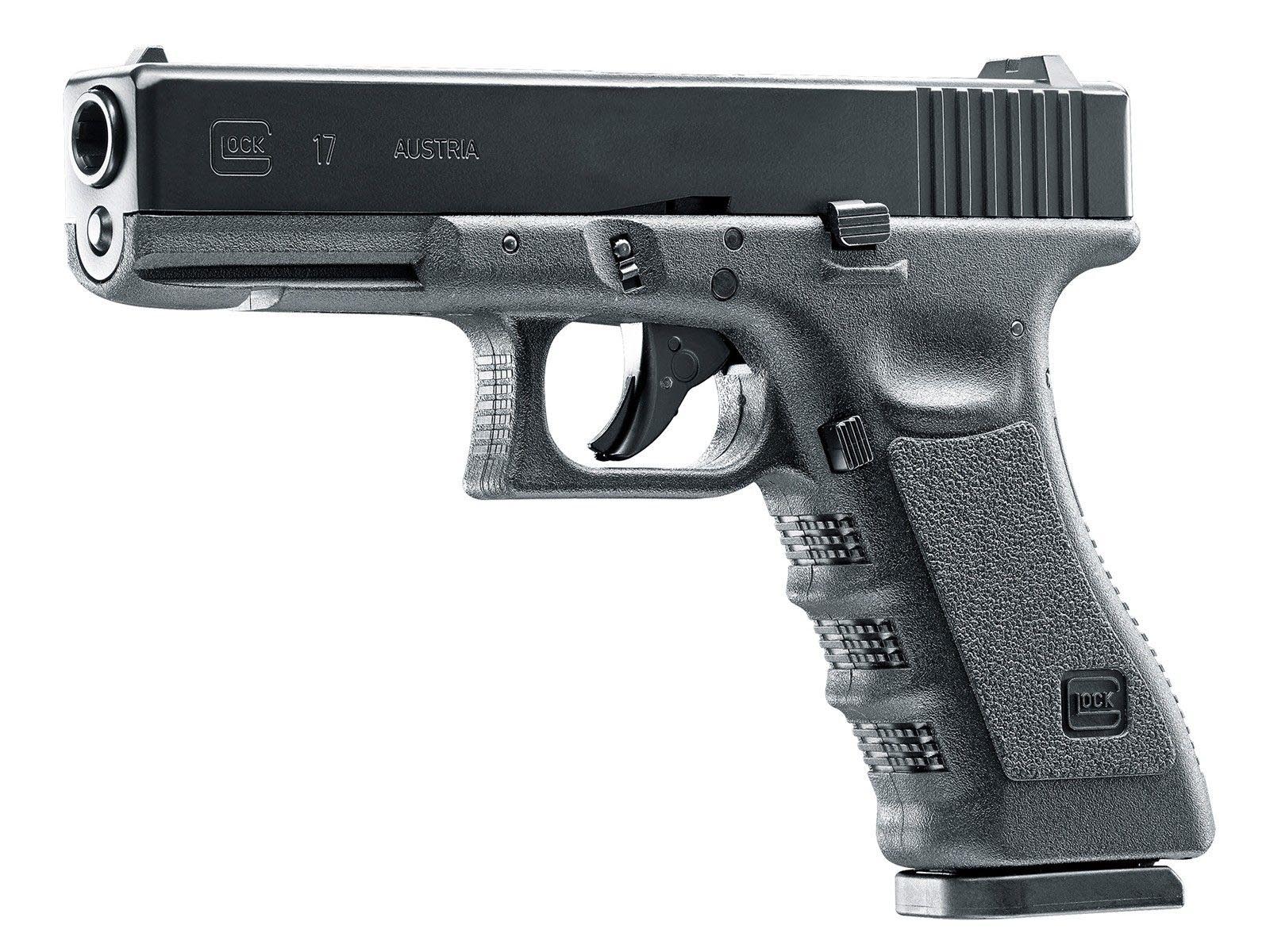Pellet guns have become increasingly popular among shooting fans, whether for recreational purposes, game hunting, or pest control. These versatile air guns offer a unique blend of exactness, protection, and ease of use, making them an excellent choice for both beginners and seasoned shooters. With different models, calibers, and mechanisms available, navigating the world of pellet guns can be confusing. Understanding the important aspects and elements of these guns is crucial for making an educated choice that suits your preferences and desires.
In this comprehensive guide, we will explore the operating principles of pellet guns, delve into the key features to consider when choosing one, and highlight the top choices on the market. From understanding the variations between elastic, compressed gas, and precharged pneumatic power systems to exploring the importance of caliber and velocity, this article aims to equip you with the knowledge necessary to select the best pellet gun. Whether you are interested in precision shooting, pest hunting, or simply enjoying a time at the firing range, our recommendations will help you make a confident choice.
Selecting the Best Pellet Gun
In the process of selecting the perfect pellet gun, understanding your primary purpose is crucial. Regardless of whether you are interested in target shooting, small game hunting, or managing pests, the style of pellet gun you choose can profoundly affect your overall experience and success. Different types and features address various shooting needs, so it is necessary to identify what you will be using the gun for before making a decision.
After you have established your shooting needs, think about the power source of the pellet gun. Choices include spring, CO2-powered, and PCP models, each with its own advantages and disadvantages. Spring-powered guns are often simpler to operate and require little maintenance, while CO2-powered guns offer reliable power but may require greater CO2 cartridge swaps. PCP guns deliver high performance and power but usually come at a greater price point and necessitate a fill source.
Finally, do not ignore key features such as caliber size, feet per second, and performance. The caliber you choose impacts both the gun's performance and the variety of game you can hunt. A pellet gun's FPS rating indicates its velocity, impacting both power and accuracy over distance. Look for models that provide a good balance of these factors to guarantee you achieve the optimal shooting experience possible.
Key Aspects to Examine
As you selecting a pellet gun, one of the key essential features to evaluate is the source of power. read more —spring, CO2, and PCP (pre-charged pneumatic)—each offer distinct advantages and disadvantages. Spring-driven guns are usually more affordable and require minimal additional equipment, but they can be less powerful in comparison to PCP guns. Pellet handguns offer reliable power and are easier to handle, making them ideal for casual shooting. On the other hand, PCP guns are recognized for their powerful performance and accuracy, but they require a compressor or fill tank, adding to the initial investment.
Another important consideration to look for is the precision and range of the pellet gun. The gun's design, barrel quality, and the kind of pellets used can greatly affect performance. A gun with a rifled barrel will usually provide superior accuracy in comparison with smoothbore designs. Understanding the FPS, or feet per second, is important as it reveals the speed at which the pellet is moving; increased FPS generally results in superior range and penetration. For those concentrating on target shooting or hunting, selecting a gun with adjustable sights or compatibility with scopes can more enhance accuracy.
In conclusion, consider the handling and build quality of the pellet gun. A comfortable grip and well-designed handling will not just improve your shooting experience but also ensure accuracy for extended periods. Look for options constructed with long-lasting materials, whether wood or synthetic, to guarantee longevity. Additionally, aspects such as safety mechanisms and ease of maintenance can greatly influence your overall satisfaction with the gun. A well-balanced design that feels good in your hands can create all the difference in performance, particularly for inexperienced shooters or youth shooters.

Pellet Gun Types and Applications
Pellet guns come in different categories, all designed for specific purposes and preferences. The popular kinds include spring-powered, carbon dioxide, and pre-charged pneumatic guns. Spring-piston guns are favored for their simplicity and minimal maintenance requirements, making them perfect for beginners and recreational shooting. Carbon dioxide guns, powered by cylinders filled with carbon dioxide, offer consistent performance and ease of use, perfect for casual target shooting. Pre-charged learn the facts here now , which require a higher upfront investment, provide exceptional accuracy and power, making them ideal for experienced shooters and those engaging in hunting or competitive shooting.
When thinking about pellet guns for hunting, it's crucial to choose a firearm with enough power and accuracy to effectively take down small game. Typically, guns with elevated FPS (feet per second) ratings and specific calibers are preferred for hunting purposes. Additionally, aspects such as sturdy materials, high-quality optics, and a dependable power source play a significant role in the performance of a hunting pellet gun. It's important to also consider the weight and handling of the gun, as this can influence your capability to track and shoot game accurately.
For target shooting, pellet guns are often chosen based on accuracy and ease of shooting. Higher accuracy models with little recoil and ergonomic grips enhance the shooting experience. Attributes such as adjustable sights or the ability to attach scopes become important factors for those looking to enhance their marksmanship. In conclusion, the choice of a pellet gun should align with the desired use, be it for recreational shooting, hunting, or tactical training, ensuring contentment and effectiveness in each scenario.
